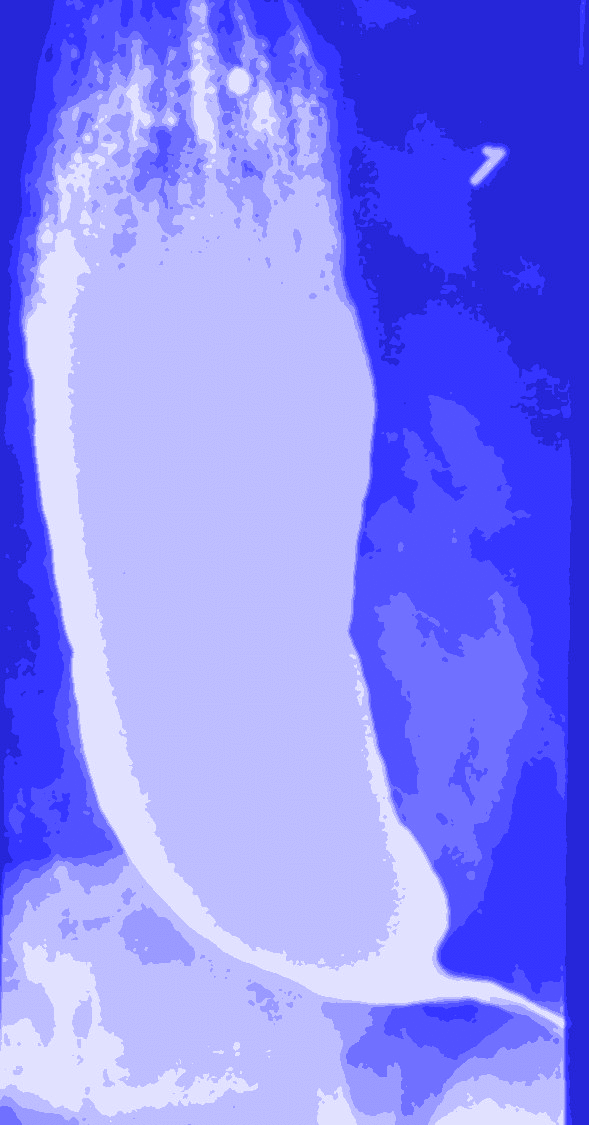The Vagus Nerve: Achalasia, Esophagectomy
- May 20, 2015
- 2 min read
The Vagus nerve is the 10th cranial nerve. Cranial nerves emerge directly from the brain meaning they are like branches coming off a tree. Vagus is Latin for "wandering" and this nerve wanders throughout the body. It is part of the autonomic nervous system or ANS. The ANS, which controls the function of organs, glands, and various involuntary muscles, has two components, the sympathetic system and the parasympathetic system.
The sympathetic nervous symptom prepares the body for action. It can increase the heart rate, increase the release of sugar from the liver into the blood, and turns on the fight-or-flight response (the adrenalin response that serves to fight off or retreat from danger). The parasympathic system can be considered the “rest and digest” system.
The Vagus nerve has many branches and it regulates heart rate, speech, sweating, blood pressure, digestion, glucose production, and certain aspects of breathing and speech. The anatomy and function of the Vagus nerve is quite complicated.
The esophagus gets its nerve supply mostly from the vagus nerve. That said, the esophagus receives sympathetic innervation which is part of the control of blood vessel constriction, sphincter relaxation, and peristalsis.
In an esophagectomy, efforts are made to spare the branches of the vagus nerve. The different approaches to an esophagectomy (trans thoracic or cervical) have different implications for the nerve. Talking to the surgeon about the approach used and the ramifications for the vagus nerve branches is critical to understanding post-esophagectomy recovery.
Sally asked about stomach acid as well. Since the vagus nerve stimulates acid production (a very complicated process) and the vagus nerve is 'disturbed' in Achalasia, this is something very important to consider. Whatever 'stage' of Achalasia you are in, the vagus nerve is affected, so acid production is affected (diminished) as well.
As for post-esophagectomy acid production, it is much lower than a 'normal' person due to both the disease and the esophagectomy. I have decided to take a much different approach than the 'norm' when it comes to this. Some surgeons seem to feel that PPI use is very important with the rational that any acid can damage the esophageal remnant, or the piece of esophagus remaining after the esophagectomy. Others do not feel PPI use is mandatory.
My opinion is that PPI use is a mistake post esophagectomy (as long as there is no mucosal damage and you are monitoring the health of the gastric mucosa on a regular basis - anywhere from every 1 - 3 years) because acid is so important for general digestive health, especially absorption of both macro and micro nutrients.
I take an HCL supplement and digestive enzyme supplement before each meal and this has helped my nutrient absorption and stopped all GI bloating I used to have. I have done much experimentation with different products and dosages and have found what works for me. I am happy to share these with you if you would like.
All of this is quite complicated and as you can see, everything is connected.





Comments